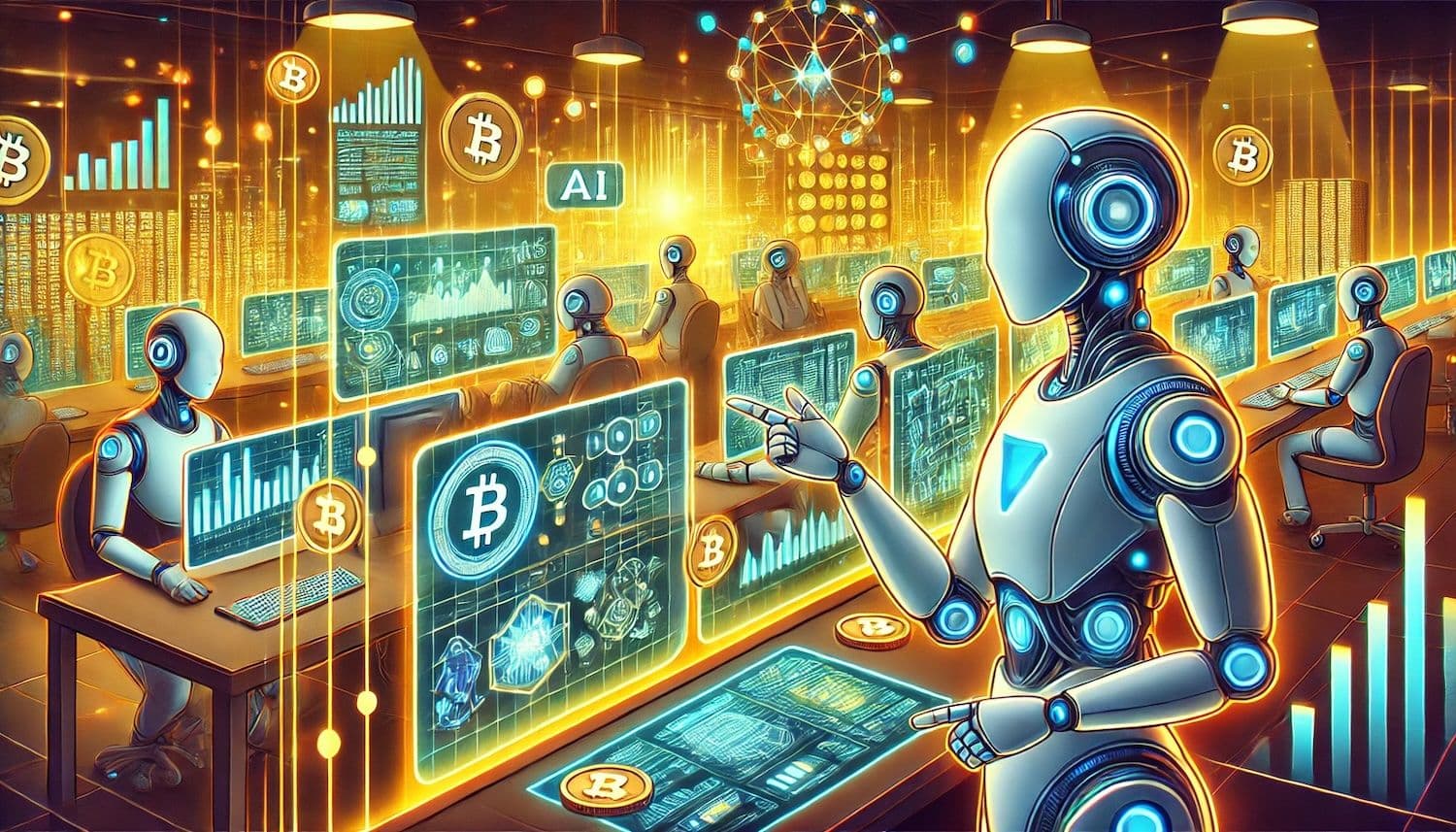*In an episode of the podcast "Hashing It Out," host Elisha Owusu Akyaw delves into a conversation with Michael Heinrich, the co-founder and CEO of 0G Labs. They discuss the transformative potential of decentralized artificial intelligence (DeAI) in reshaping Web3 and the broader AI landscape by 2025. The dialogue underscores the urgency of decentralizing AI to simplify blockchain interactions and the challenges of aligning AI with human values.
At the heart of 0G Labs' mission is the development of a decentralized AI operating system. This initiative is pivotal for fostering transparency and trust in the AI sector.
The system is built on multiple layers, encompassing decentralized storage, verifiable inference, and a service marketplace. Heinrich likens this infrastructure to a mobile operating system. It facilitates developers in creating diverse AI applications on a platform inherently designed for decentralization.
"We've constructed an operating system specifically for decentralized AI. Every component must be decentralized to ensure provenance, transparency, and trust," Heinrich states. This modular strategy enables users to select components, be it storage, computing, or full-stack solutions, offering versatility across various AI applications.
A substantial portion of the discussion revolves around the risks associated with centralized AI. Heinrich expresses concerns over the monopolization of AI development by select corporations, highlighting potential dangers such as unchecked power and misuse. He advocates for democratizing AI, emphasizing the importance of ensuring equitable access and shared benefits to align with human values.
"There's considerable concern about AI being controlled by a few companies. We're reliant on them to align these models with human values, but what if they fail?" Heinrich cautions.
With AI agents and applications gaining traction within the Web3 sector, host Akyaw questions Heinrich about the industry's shift towards AI. Heinrich envisions AI agents replacing laborious processes with seamless, automated solutions, like navigating wallets, bridges, and swaps.
He illustrates with an example: "Imagine instructing an AI agent, 'I want to buy this asset.' It determines the best route and the cheapest method, executing the transaction swiftly." Heinrich believes this advancement will enhance blockchain accessibility and drive broader adoption.



